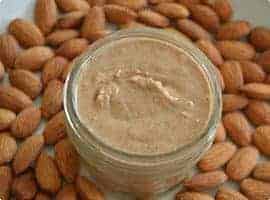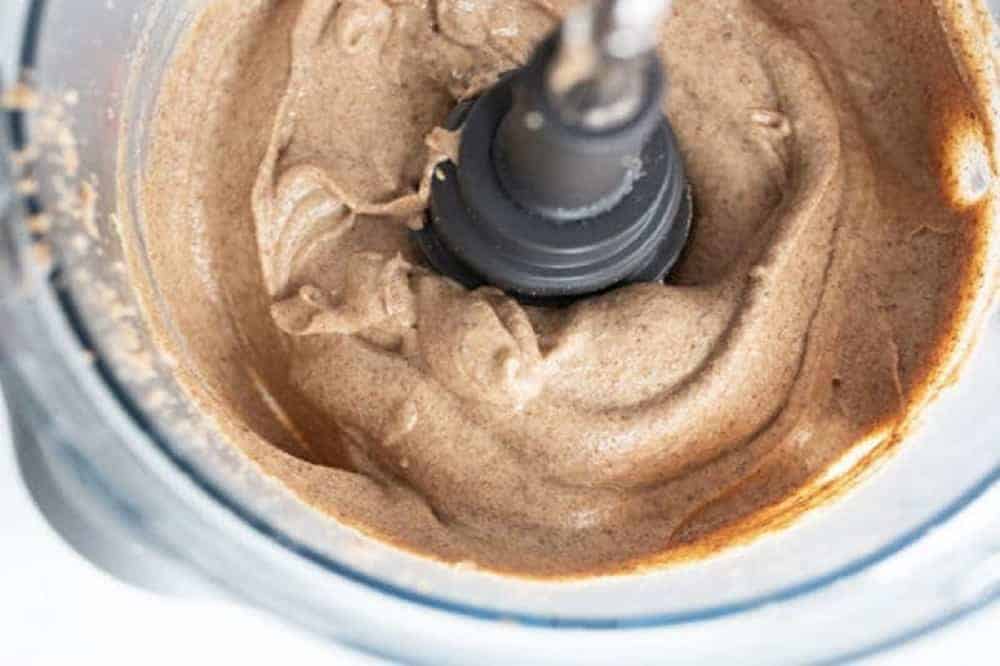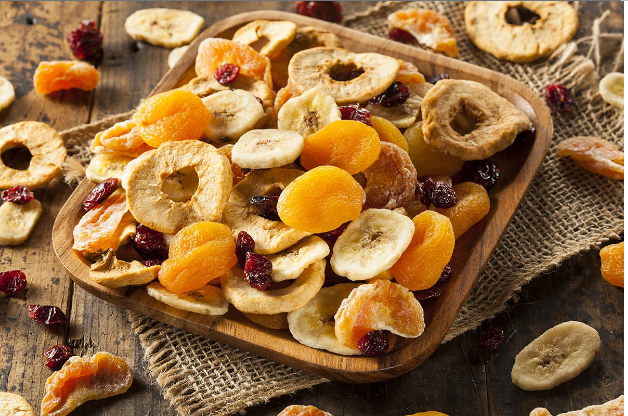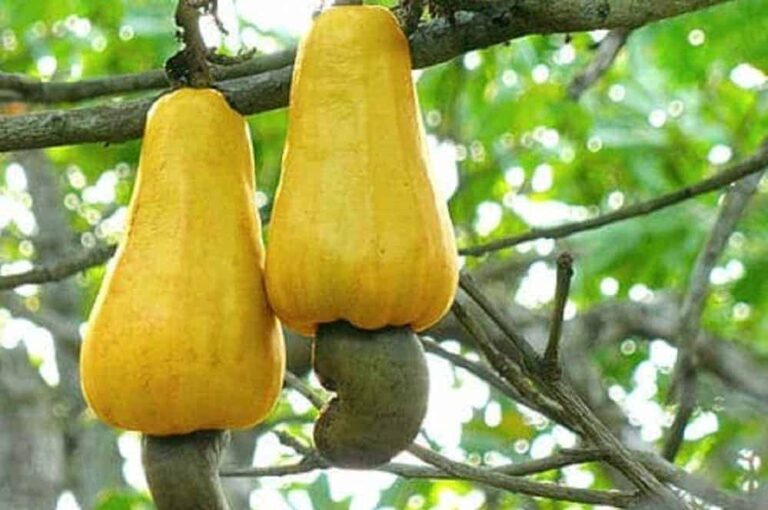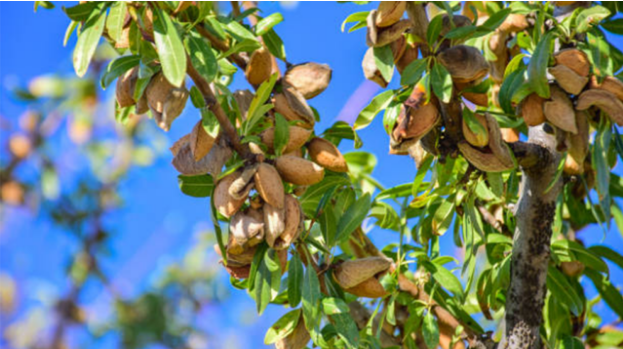Your cart is currently empty!
Steps For Making Almond Butter At Home
A recent article on Bustle.com made almonds the go-to nut for delicious nut butter and even an exfoliating mask for your face.
The benefits of almond oil are many. It’s famous for relieving dry skin and sealing in moisture. Still, according to health experts, almonds are rich in vitamin E, accelerating healing, particularly with those annoying acne scars. Almonds contain healthy fats, protein, fiber, and antioxidants that promote healthy skin.
Need A Recipe For Making Almond Butter?
Making any nut butter is pretty straightforward. First, start with 3 cups of whole almonds. Absolutely, You can use dry-roasted, unsalted almonds. Add a bit of salt or even a few honey-roasted peanuts. This gives a bit of a honey-roasted taste to the almond butter.
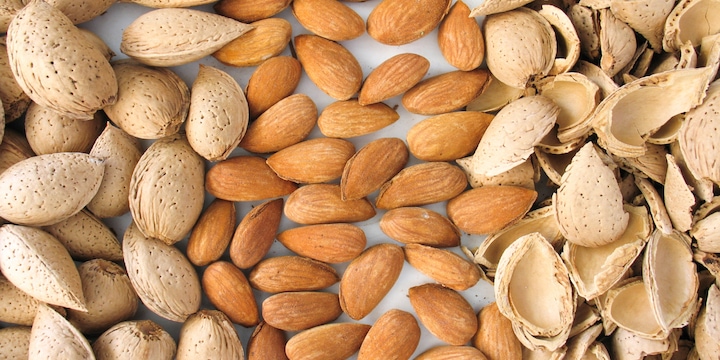
Once you have your almonds, put them in a blender or food processor. Blend and pulse the almonds for a few minutes until the mixture reaches your desired consistency. This will look like a gritty, crumbly almond meal. If they aren’t holding together quickly, add up to one tablespoon of oil, such as peanut oil, canola oil, or vegetable oil. Stir the almond meal with a spoon, scrape down the sides, and continue to blend until you have thick, smooth, delicious almond butter.
Once you are done, you can store the butter in a clear container in the refrigerator for up to three weeks.
Ways to enjoy almond butter:
- On top of whole wheat pancakes or waffles.
- In almond butter chocolate chip cookies.
- Dip in apples, carrots, crackers, pitas, and bananas.
- Add it with Nutella in a roll-up or sandwich.
- Add it to protein smoothies.
Almond butter can last in your refrigerator for up to a year. The element that keeps nut butter fresh is maintaining the containers dark and dry. Light and moisture kill freshness. Essentially, nut butter is portable and in season all year long.
